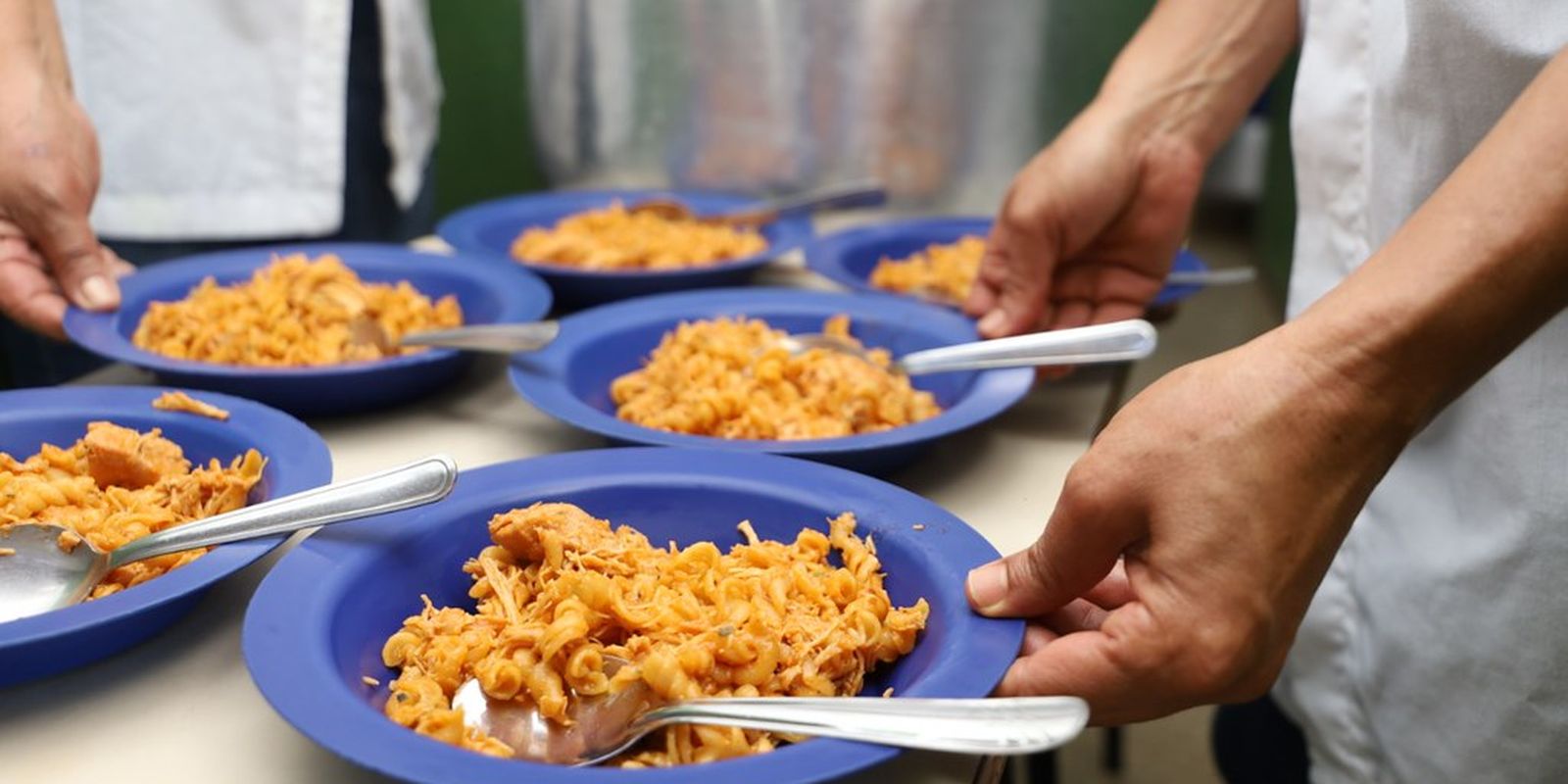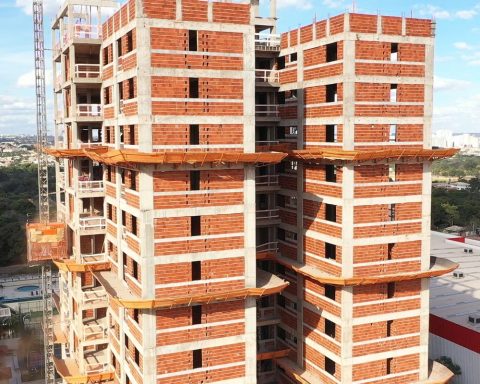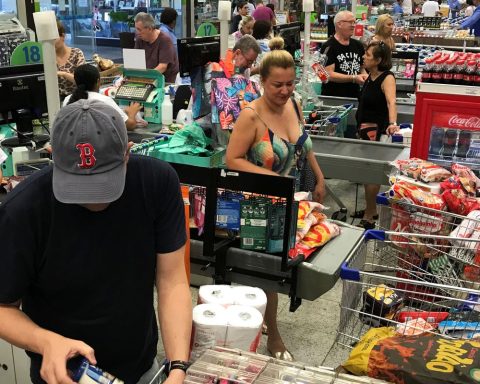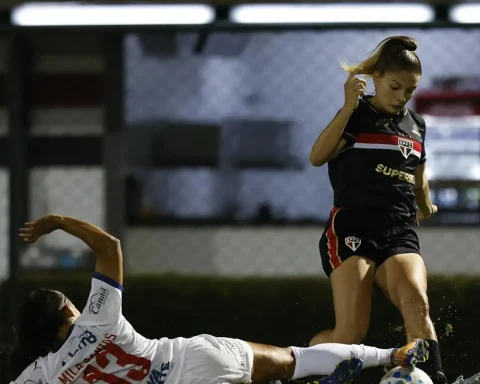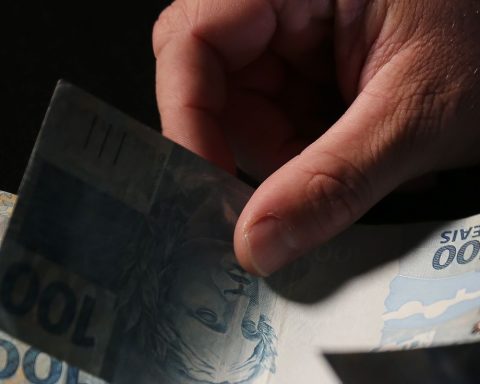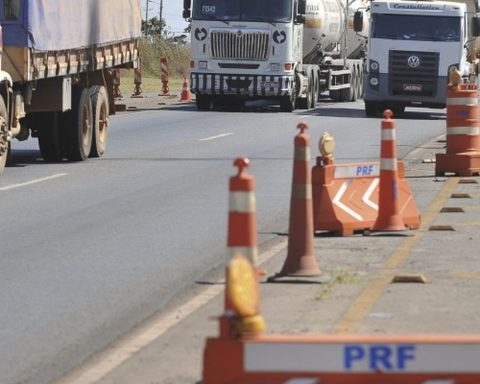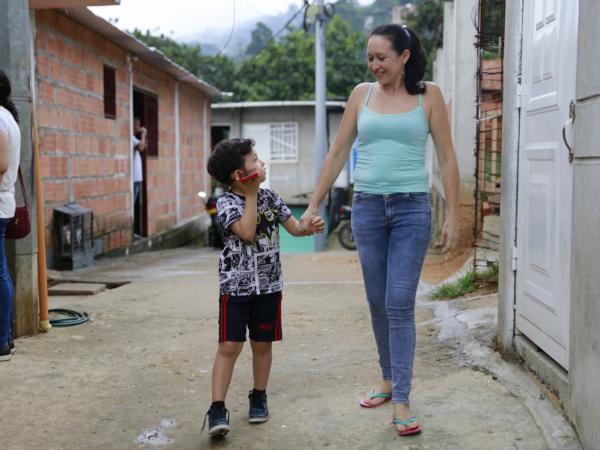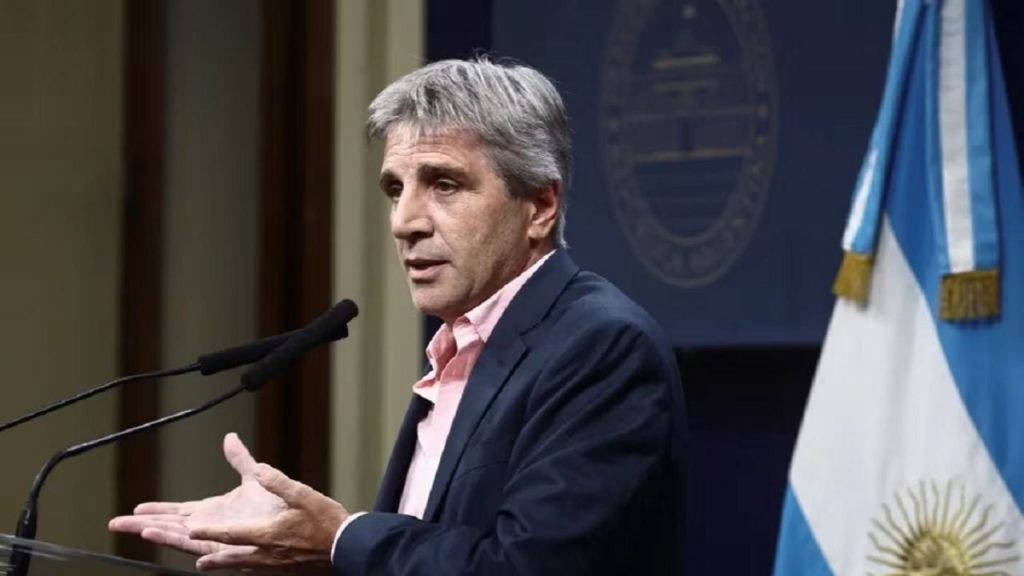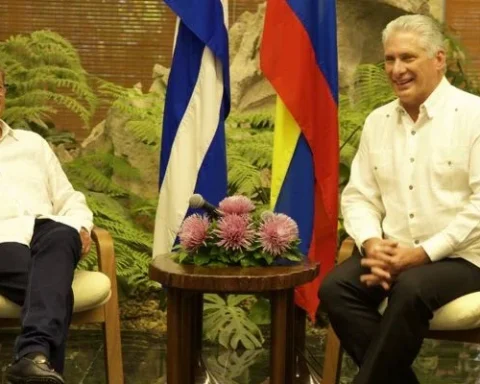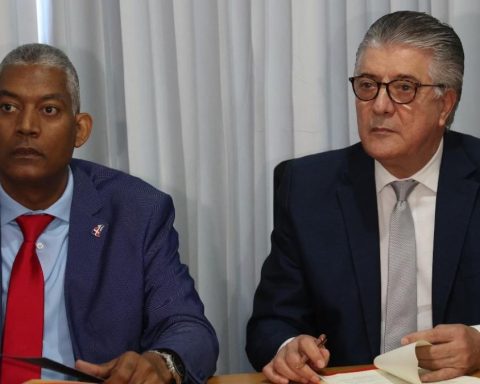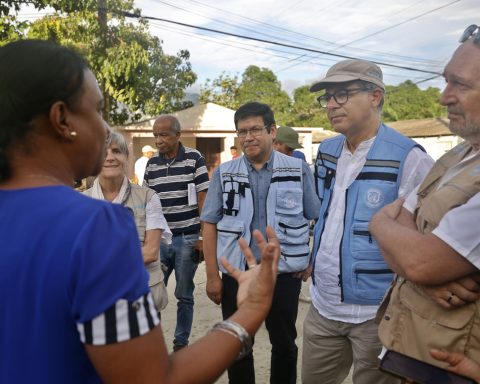South America has a leading role in combating world hunger. Highly developed social protection and income transfer programs have placed the countries in a prominent position, according to the chief economist of the Food and Agriculture Organization of the United Nations (FAO), Peruvian Maximo Torero.
“The pandemic has set us back 15 years in terms of hunger. It’s 15 years of regression and poverty. What have we learned? We’ve learned that regions like South America had income transfers, social programs that helped a lot to recover more quickly and that’s why this region of the world managed to reduce hunger levels by 5.4 million.” [de pessoas] in a period of two years”, he analyzed.
For Torero, conditional income transfers – as in Brazil – help to improve human capital and children’s education and health.
Furthermore, according to him, South America is a region that has no conflicts and that has decided to invest more in agri-food systems.
For him, the vanguard of countries like Brazil in the development of social programs has shown results. “Latin America has an advantage over other continents because it has a highly developed social protection system. It began many years ago with Brazil and Mexico and it is a system that has been improved over time,” said Torero in an interview with Brazil Agency.
FAO report – released this Wednesday (24) – indicates that one in 11 people may have gone hungry in the world in 2023. In Brazil, severe food insecurity fell from 8.5% in the 2020-2022 triennium to 6.6% in the 2021-2023 period, which corresponds to a reduction from 18.3 million to 14.3 million Brazilians in this level of food insecurity.
Check out the interview with FAO’s chief economist Brazil Agency:
Brazil Agency: The world is unlikely to meet the targets set for 2030. What do you think are the main warnings that the FAO study provides?
Maximo Torero: What the study shows is that the level of hunger has remained the same after the COVID-19 pandemic, which means that we have stagnated for the last three years. However, this global figure incorporates regional differences. For example, we have Africa, which has deteriorated and continues to deteriorate over the last three years. And the case of South America, which has improved substantially, reducing hunger by 5.4 million people.
So while the global number is on average 733 million people, we believe there are still opportunities to learn from regions that have improved.
Clearly, if we project this number to 2030, we are talking about 583 million people who would be in the dark. In other words, we would not be achieving the SDG target. A large part of this high number is due to the pandemic. It is an event that no one expected. But knowing regions that have managed to improve, the goal is to learn. And also to focus a lot on how we can improve financing for food security.
Brazil Agency: And what would be the recommendations?
Maximo Torero: What we bring in the report are three central recommendations: the first is how we can better coordinate the financing that exists today in order to gain complementarities and avoid losses in efficiency.
The second is that donors need to understand that the agri-food sector faces many risks and uncertainties, especially due to climate change, and as a consequence, they have to take more risks to be able to help in this process.
The third recommendation is that we must continue to innovate in the way we finance. Today, financing has very important gaps, but there are also possibilities to increase this financing with the tools we have today.
Brazil Agency: For example..
Maximo Torero: For example, an increase in blended finance, an increase in climate finance for agri-food systems could help us accelerate this process.
Today, we finance only 3% of the transformation of agri-food systems with climate finance.
This figure should be much higher because, although it is a sector that generates emissions and affects biodiversity, it is a sector that gives us the right to food.
It is a sector that has a lot of room for improvement. This should therefore involve us in changing the way we operate and accelerating climate finance for agriculture.
Brazil Agency: As the report shows, the COVID-19 pandemic has changed the global dynamics of the fight against hunger. Which regions have made the most progress in financing the fight against hunger, according to FAO’s assessment?
Maximo Torero: The pandemic has basically set us back 15 years in terms of hunger. It’s 15 years of regression and poverty. What have we learned? We’ve learned that regions like South America had income transfers and social programs that helped them recover more quickly, and that’s why this region of the world managed to reduce hunger levels by 5.4 million in a two-year period.
Secondly, it is a region that does not have conflicts, that has managed to reduce its conflicts. It is a region that has decided to invest more in agri-food systems. On the other hand, we have a region like Africa where conflicts have accelerated with two main drivers of two countries in crisis at the moment, which are much more vulnerable to climate change because they are less resilient. And finally, there are countries that are very affected by the macroeconomic aspect.
These are countries that do not have stable economic growth and whose central banks are not very strong. Therefore, they are unable to manage or cope with the impacts of the increase in global interest rates carried out by developed countries.
So, those who import these foods are paying not only for the increase in the price of food, but also for what is lost due to the currency devaluation. There are two problems. And the third is that they are very indebted.
[Eles] They had to take on a lot of debt to recover from COVID-19 and their debt levels are huge, which means they don’t have the capacity to finance themselves and they also face higher debt burdens due to rising interest rates. So there are some differences, but there are also good lessons that can be learned. And that’s why we’re launching this report in Brazil because the alliance against hunger and poverty, the global alliance, is being launched.
Brazil Agency: You then point out that income transfer practices have been effective in Latin America.
Maximo Torero: Yes, Latin America has an advantage over other continents because it has a highly developed social protection system.
It started many years ago with Brazil and Mexico and is a system that has been improved over time.
These are transfers, fundamentally cash transfers and conditional cash transfers. The difference is that the conditional cash transfers also help improve human capital and children’s education and health.
So, I think that having this system in place, having a system with the ability to constantly update the lists of beneficiaries [isso] helps make interventions much more effective and much more focused.
And this has made the recovery from Covid-19 much faster in this region than in other parts of the world.
